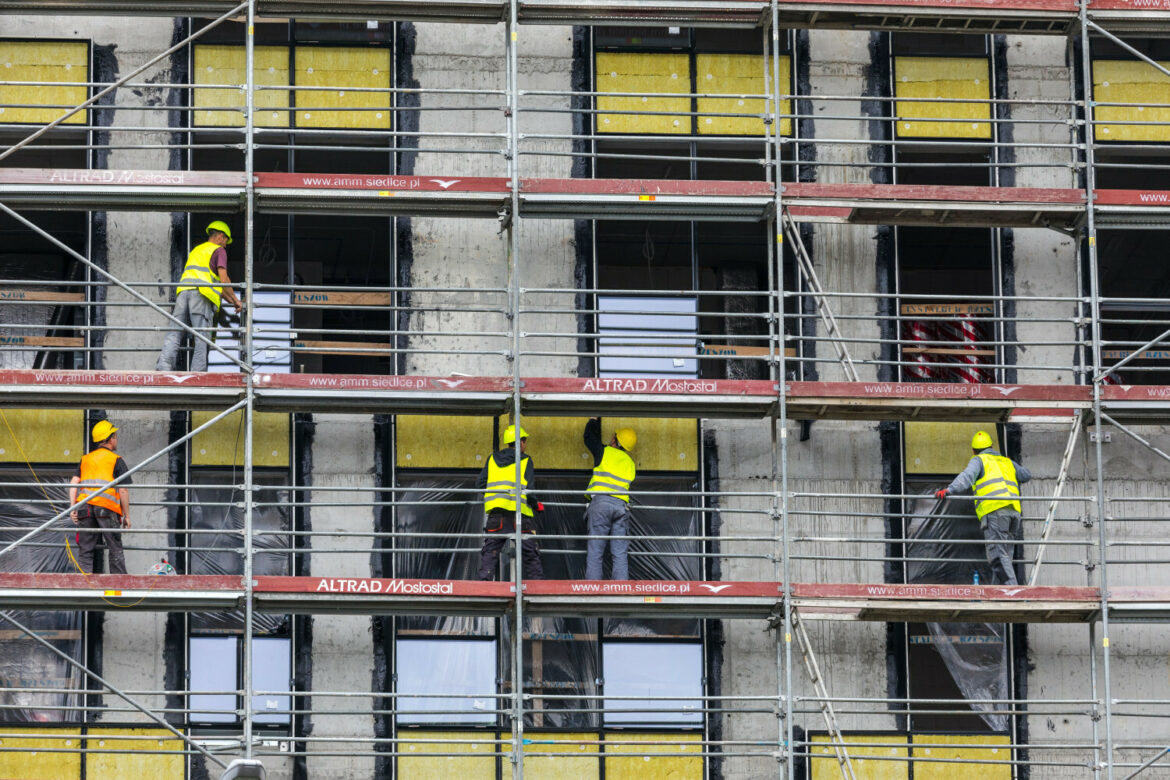Payments of money for further investments under the National Reconstruction Plan (KPO) have started. More than 332 million PLN will be distributed to beneficiaries – for new places in crèches, modernisation of small and medium-sized enterprises (SMEs) in agriculture, thermal modernisation of housing and computers for schools, reports the Ministry of Funds and Regional Policy.
The money derives from an advance – €5 billion, which came to Poland at the end of December from the REPowerEU programme, which is part of the KPO. It will be earmarked, among other things, for increasing the availability of childcare places for children up to three years of age – co-financing the costs of construction or renovation of buildings in which the care will be realised, e.g. modernisation of nurseries and jobs for people threatened by social exclusion, as well as for thermal modernisation of residential buildings.
Farmers and fishermen, as well as SMEs from the agri-food sector, can count on more than PLN 20 million. This money is for projects concerning equipment and modernisation of infrastructure (production facilities, warehouses, machinery, low- and zero-emission vehicles, IT systems supporting production processes, etc.) and distribution and storage centres, wholesale markets.
PLN 200 million is earmarked for increasing the energy efficiency of single- and multi-family buildings and the dissemination of low-emission energy sources – a reimbursement under the Clean Air Programme, over PLN 96 million will go towards equipping primary and secondary schools with portable computer equipment with software – vouchers for teachers to purchase laptops.
The KPO is a programme from which Poland is to receive EUR 59.82 billion (PLN 261.4 billion), including EUR 25.3 billion (PLN 110.4 billion) in grants and EUR 34.5 billion (PLN 151 billion) in preferential loans. Most of these funds will be invested in the form of financial instruments, which will enable projects to be implemented after 2026, – even for the next 30 years.
Arkadiusz Słomczyński





